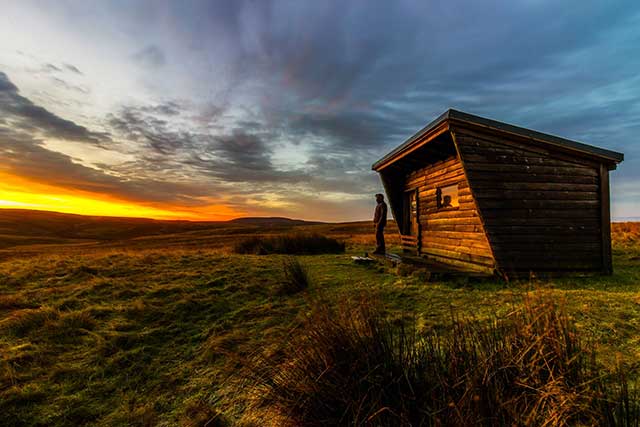
3 Questions to Ask Before Building Your Tiny House in Colorado
Planning and Designing your own tiny home is feasible and affordable with the right steps. Given their attractive attributes of space efficiency, environmentally sustainable and affordability, the interest in Tiny Homes is skyrocketing. Colorado is a tiny home friendly state, but sometimes the zoning and coding laws for tiny homes can be a bit obscure. Check out this quick reference guide for steps on how to start and finish your DIY tiny house successfully!
Will you be Living on the Grid, Or Off Grid?
First off, you need to decide where you can legally and safely build your own Tiny Home. Living off the grid is qualified as not being connected to City Water or Sewage. In order to achieve off the grid living, you need to own the piece of land you plan to use, and the zoning and coding laws get a bit trickier, this is the more expensive route. If you plan to be connected to City water and sewage than you are considered, on the grid, and will need to follow typical building requirements for a regular single family dwelling.
Will your dwelling be mobile or not mobile?
The next most important step for you plan is to determine if you want to build your home in a stationary location or on a mobile trailer. Both require an engineer for the foundation planning, and for the trailer engineering. United Precision Engineering has experience in both arenas and can help you determine what is possible and cost effective for your plan.
Where can You Build a Tiny Home in Colorado?
Given the unique nature of tiny home dwellings, there are restrictions on where you can and cannot park and build a tiny home. Make sure to familiarize yourself with local zoning laws and building codes so you can successfully complete your project. Local codes are meant to keep people safe and the staff are willing to help you figure out the right place to build. Take your time, and acquaint yourself with the staff in your city, so the process goes more smoothly and easily for you.
Choose United Precision Engineer for Your Tiny Home Project
Once you have answered these three questions, you are well on your way to a successful building project. We recommend that once those questions are addressed, you begin to explore associated tiny home design fees, engineering fees, and also the different strategies available to you for heating and cooling your tiny house. Shane Pritchard, the owner and lead engineer at United Precision Engineering, has years of experience in Tiny Home Design and Engineering, as well as trailer design. Shane and the rest of the staff here at UPE, would love to help you in your process of designing and engineering your home! Schedule your free consultation today to get started on your Tiny Home!
